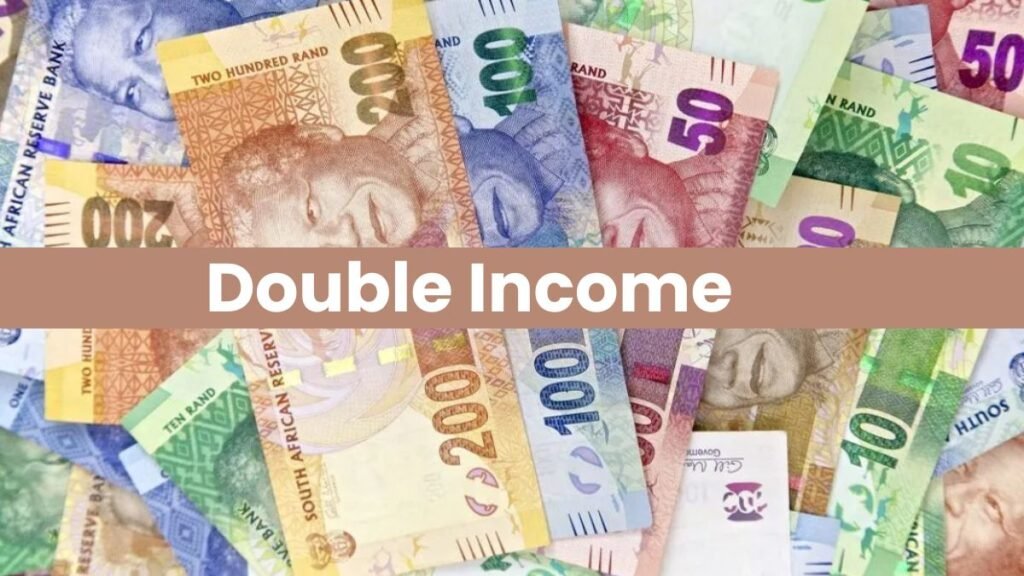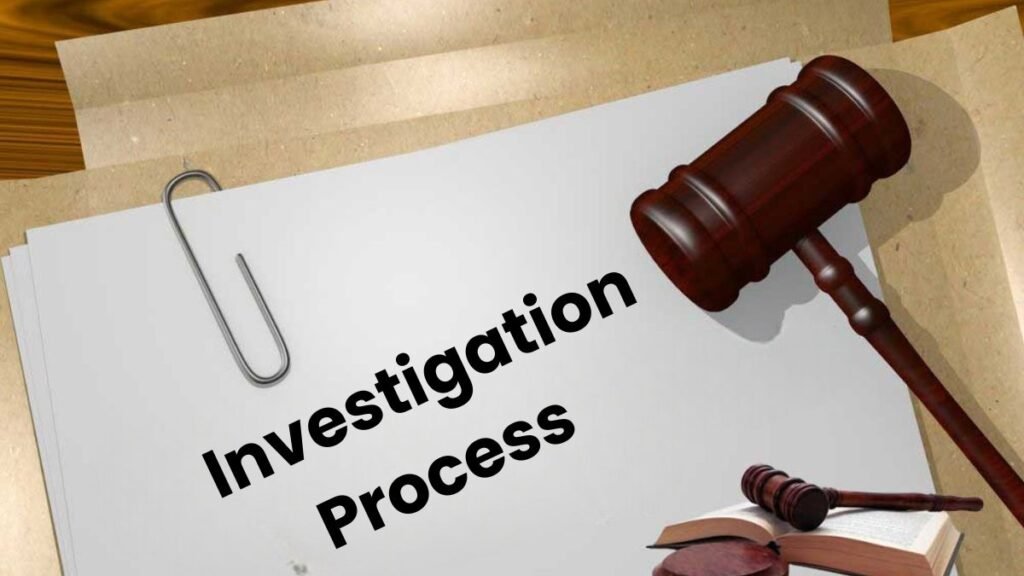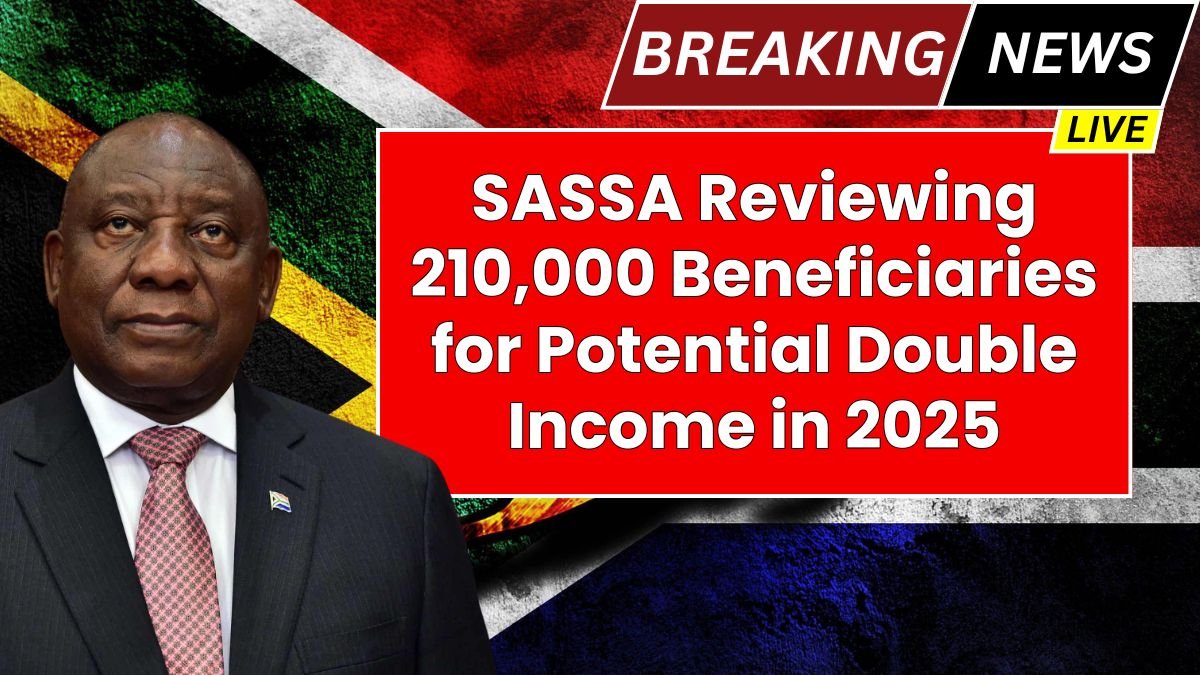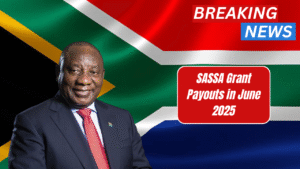Introduction: Increased scrutiny on SASSA beneficiaries South Africa’s largest social security agency SASSA (South African Social Security Agency) has recently made a shocking revelation. According to the report, about 2,10,000 beneficiaries are being investigated as there is suspicion of double income in their accounts This news has created a stir not only among the beneficiaries but also among the common citizens. The purpose of SASSA’s grants South africa system change has always been to help the needy and poor people, but if this assistance is being taken in an improper manner, then it raises questions on the entire system.
In this article we will understand what exactly is this matter, who is considered to have double income, who is being investigated and what effect it can have on the real needy.
What is SASSA, and to whom does it provide the grants?
SASSA is the South African government agency responsible for administering social grants which include:
- SRD R370 Grant (Social Relief of Distress Grant)
- Old Age Pension (pension for the elderly)
- Disability Grant (grant for the disabled)
- Child Support Grant (for the maintenance of children)
- It aims to help the economically weaker section with basic necessities.
Why is the investigation happening now?
SASSA found out through data analysis that many beneficiaries:
- are receiving income from more than two sources simultaneously,
- in some cases are getting salary or other income in addition to government grants,
- and despite this they are making fake claims as “low-income”.
- So in 2025, SASSA has started active investigation of all these suspicious cases.
What is ‘Double Income’?

- Double income means that the beneficiary is receiving some other permanent or temporary income in addition to the SASSA grant.
- The beneficiary is working somewhere but did not inform SASSA.
- A beneficiary is receiving benefits from two government schemes simultaneously, which is against the rules.
- Monitoring of bank accounts has revealed transactions in two accounts in the name of the same person.
210,000 beneficiaries under investigation – who is being watched?
The beneficiaries under investigation include:
- SRD R370 grant recipients
- SASSA claimants with Unemployment Insurance Fund (UIF)
- Government employees who were also secretly receiving SASSA grants
- Grant recipients using fake documents
SASSA has also clarified that only those cases are being investigated where there are clear contradictions in the data. Not everyone has been found guilty.
What is the purpose of this investigation?
The main purpose of this whole move is to:
- Prevent fraud
- Deliver aid to genuine beneficiaries
- Save government budget
- Bring transparency and credibility to the system
SASSA has faced criticism several times in the past years because grants were being misused. Now they want such non-eligible beneficiaries to be removed from the system.
How is the investigation process being done?

SASSA has adopted the below methods for the investigation process:
- Monitoring bank accounts: All beneficiaries have bank accounts registered with SASSA. Transactions through these accounts are being investigated.
- Reconciliation of Home Affairs and UIF data: SASSA is cross-checking the data of Department of Home Affairs and UIF.
- Checking tax returns and income certificates: Those who have income have to pay tax. In such cases, the investigation becomes more stringent if inconsistencies are found.
- Contact via SMS/Email: Notices or alerts are being sent to suspected beneficiaries so they can clarify their situation.
What to do if you come under investigation?
If you receive a notice from SASSA:
- Don’t panic
- Have all your documents ready (Income Proof, Employment Details, ID etc.)
- Respond on time via the SASSA office or online portal
- If there is a mistake, admit it immediately and start the process of repaying the amount
- Concealing the truth may result in a fine, jail or a ban on any future grants.
Will the genuinely needy be affected?
SASSA has clarified that those who are genuinely on limited income will not be affected. This action is only against those who are not eligible or who commit fraud.
Example: If an elderly woman is receiving a pension and the grant is her only support, she should not be afraid.
Positives: Transparency and justice
The positives of this whole process are that:
- Government money will be put to good use
- Fraudsters will be punished
- The right beneficiaries will receive their grants on time
- Public confidence in the system will increase
Conclusion:
The scrutiny of the 2.10 lakh SASSA beneficiaries makes it clear that the government now wants to bring transparency and honesty to social security While this move may be a cause of concern for some, it is a ray of hope for millions of needy people who depend on this assistance every month. If you are a genuine and deserving beneficiary, you have nothing to fear But if you have received assistance by providing incorrect information, you still have a chance to correct yourself.
FAQs
Q1. Why is SASSA reviewing 210,000 beneficiaries in 2025?
A. SASSA is conducting this review after identifying that a large number of beneficiaries may be receiving income from multiple sources while still claiming grants intended for individuals with no or low income. This raises concerns about fraud or ineligibility.
Q2. What does “double income” mean in this context?
A. It refers to individuals receiving SASSA grants while also earning money from employment, business, or other government sources, which may disqualify them from receiving social relief benefits.
Q3, Which SASSA grants are under scrutiny for double income?
A. Most notably, the SRD R370 grant, Old Age Pension, Disability Grant, and Child Support Grant are being investigated to identify cases of ineligible dual income.
Q4. How did SASSA detect these potential double incomes?
A. SASSA used data matching technology by cross-referencing information with other government departments like the Department of Home Affairs, UIF (Unemployment Insurance Fund), and SARS (South African Revenue Service) to identify inconsistencies.
Q5. Will all 210,000 people lose their grants?
A. No. The review is to verify the status of the beneficiaries. Only those proven ineligible due to false declarations or hidden income will face action.


